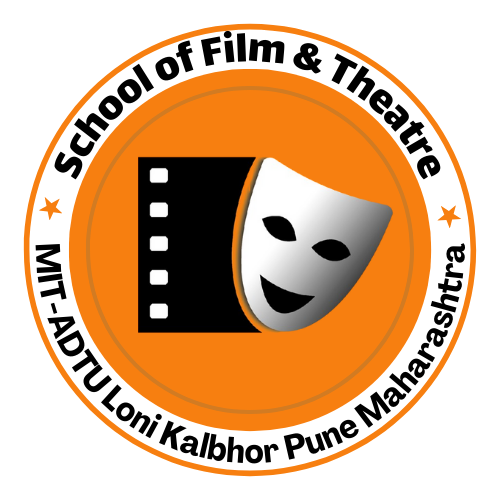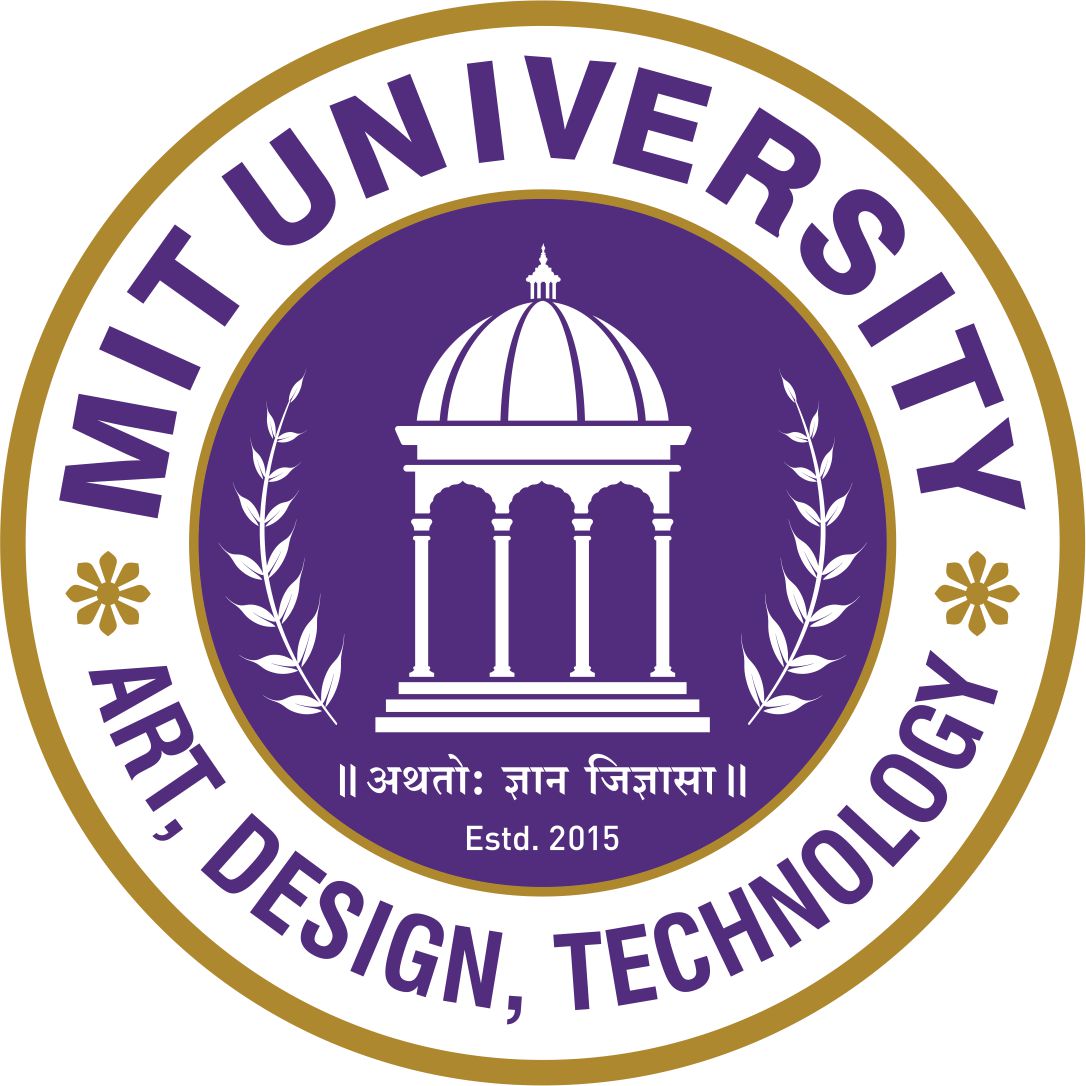School of Film & Theatre




Department of Theatre-SFT, MIT-ADT University, Pune is a National Theatre Training Institute which focuses on Practical as well as Theoretical aspects of Theatre. This course introduces students to different aspects of Theatre and Performing Arts and their interrelationships. The techniques and methods include rigorous training of the body, mind, voice, speech, imagination, observation and challenging to outgrow their own limitations in the process of transforming into a Skilled Performing Artist.
Theatre Department has a dedicated proscenium theatre on campus, at the Iconic Raj Kapoor Memorial Auditorium at Rajbaug, Loni. Our School also consists of large classrooms and Studio space. This lush green campus of 125 acres situated beside the Mula-Mutha Riverside was once a home and dedicated studio space of Veteran Indian Actor, Director & Producer Mr. Raj Kapoor, which sets up a perfect atmosphere for budding Actors and Performers. Our central aim is to groom and develop the students professionally for the Creative Industry.
Our Vision is to expand the horizon of future performing. world with broader educational and Academic enhancement in the light of New Context in Performing Arts, Culture and Theatre as a Whole.
Our Mission is to create firm and strong skill based foundation for the Young Theatre Artists by developing disciplined training towards better performance.
Department of Theatre provides a full time, three year’s Bachelors in Arts Degree course in Dramatics. The course is exquisitely designed by National and International Theatre experts to attain progressive results with rigorous training. The entire course emphasizes a ratio of 60:40 for Practical and Theory respectively with Hindi and English as the languages used as the medium for teaching.
Our goal is to nurture artist-scholars who are well-read in Dramatic arts/theatre/acting, who understand the social and historical contexts of that form/practice, who appreciate contemporary performance and dance, who think critically, who master discipline-specific skills, and who make compelling artistic choices on stage. The School expects that upon graduation all students will be able to:
B.A. in Dramatics course offers more firm and strong skill based foundations to expand the horizons of Future performing world. The course helps to understand from Indian Classical Theatre Techniques to Western Techniques along with other performing arts. Today the study of theatre has a wide scope that includes Theatre and Self Development, Theatre Therapy, Theatre and Human Relationships, blending Theatre with other Arts Forms, Theatre co-existing with Nature and Society (Agro-Theatre), Study of Theatre with psychology of Human Behavior and Emotions, Theatre Studies to train challenges of disabilities, Theatre in Health and Communication, Theatre and Yoga, Theatre and Sports, study of Theatre has been constantly expanding and expanding into different horizons.
These graduate attributes aim to equip B.A. Dramatics graduates with a well-rounded skill set, fostering artistic excellence, cultural sensitivity, and a professional ethos essential for success in the dynamic world of dramatic arts.